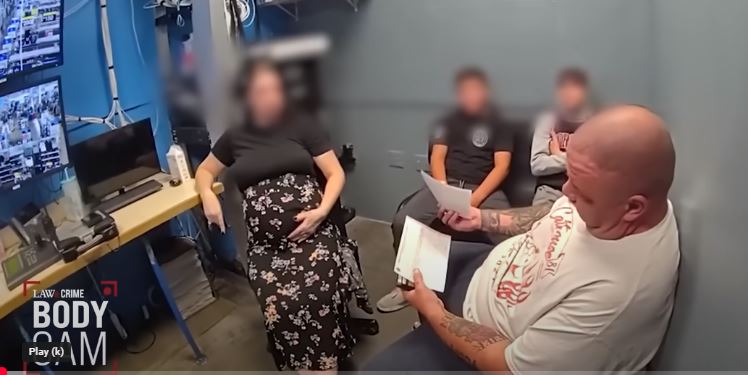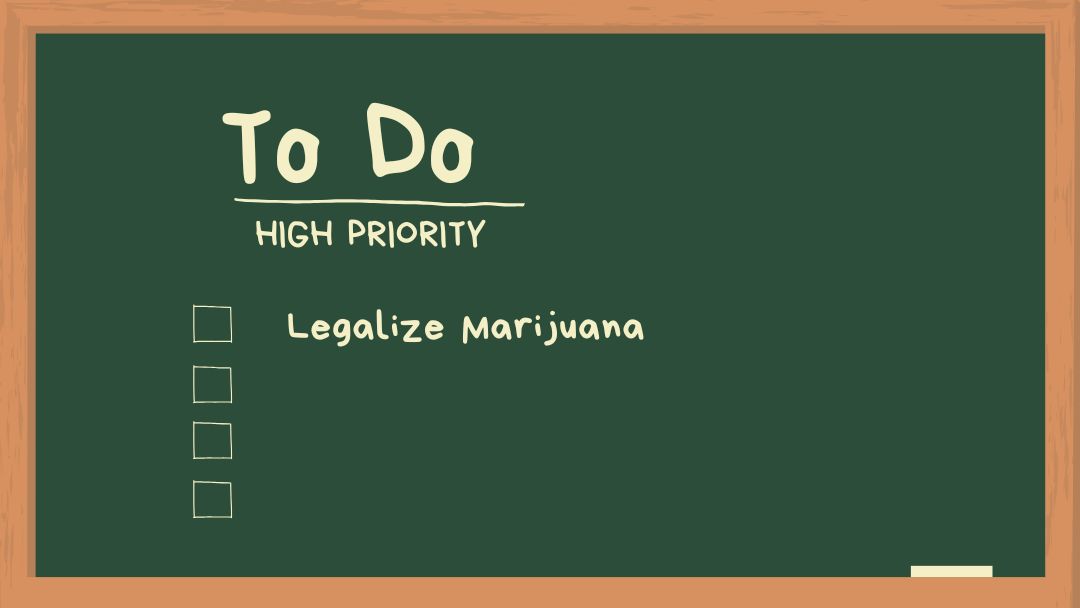January 16, 2024
On August 29, 2023, the Department of Health and Human Services (HHS) reportedly recommended to the Drug Enforcement Administration (DEA) that marijuana be rescheduled from Schedule I to Schedule III under the Controlled Substances Act (CSA). DEA is currently reviewing HHS’s recommendation.
When considering whether to schedule or reschedule a controlled substance, DEA is bound by HHS’s recommendations on scientific and medical matters.
However, DEA has also stated that it has “final authority to schedule, reschedule, or deschedule a drug under the Controlled Substances Act.”
A previous CRS Insight outlined policy considerations related to rescheduling marijuana. This Legal Sidebar provides additional information on the legal consequences of the possible move of marijuana from Schedule I to Schedule III.
Current Legal Status of Cannabis Under the CSA
Cannabis and its derivatives generally fall within one of two categories under federal law: marijuana or hemp. Unless an exception applies, the CSA classifies the cannabis plant and its derivatives as marijuana (some provisions of the statute use an alternative spelling, “marihuana”).
The CSA definition of marijuana excludes
(1) products that meet the legal definition of hemp and (2) the mature stalks of the
cannabis plant; the sterilized seeds of the plant; and fibers, oils, and other products made from the stalks and seeds.
Marijuana is a Schedule I controlled substance under the CSA.
Federal law defines hemp as the cannabis plant or any part of that plant with a delta-9
tetrahydrocannabinol (THC) concentration of no more than 0.3%. The non-psychoactive compound cannabidiol (CBD) falls within the legal definition of hemp. Hemp is not a controlled substance under the CSA.
Substances become subject to the CSA through placement in one of five lists, known as Schedules I through V.
Congress placed marijuana in Schedule I in 1970 when it enacted the CSA. A lower schedule number carries greater restrictions under the CSA, with controlled substances in Schedule I subject to the most stringent controls. Schedule I controlled substances have no currently accepted medical use.
It is illegal to produce, dispense, or possess such substances except in the context of federally approved scientific studies, subject to CSA regulatory requirements designed to prevent abuse and diversion.
RESTORE YOUR SECOND AMENDMENT RIGHTS
RESTORE YOUR PROFESSIONAL LICENSE
RESTORE YOUR DRIVER LICENSE
RESTORE YOUR PAST (Expungements)
Call our Office for a free case evaluation
Komorn Law (248) 357-2550
Unauthorized activities involving Schedule I controlled substances are federal crimes that may give rise to large fines and significant jail time. DEA is required to set annual production quotas for Schedule I controlled substances manufactured for use in approved research.
In addition to the general regulatory framework that applies due to marijuana’s Schedule I status, some provisions of the CSA apply specifically to marijuana. For instance, 21 U.S.C. § 841 imposes mandatory minimum prison sentences for persons convicted of criminal CSA violations involving set quantities of specific controlled substances, including marijuana. In addition, 21 U.S.C. § 823 creates special registration requirements for those who manufacture marijuana for research purposes.
In sharp contrast to the stringent federal control of marijuana, in recent decades nearly all the states have changed their laws to permit the use of marijuana (or other cannabis products) for medical purposes.
In addition, twenty-four states and the District of Columbia have passed laws removing certain state criminal prohibitions on recreational marijuana use by adults.
As the Supreme Court has recognized, states cannot actually legalize marijuana because the states cannot change federal law, and the Constitution’s Supremacy Clause dictates that federal law takes precedence over conflicting state laws.
So long as marijuana is a Schedule I controlled substance under the CSA, all unauthorized activities involving marijuana are federal crimes anywhere in the United States, including in states that have purported to legalize medical or recreational marijuana.
Nonetheless, Congress has granted the states some leeway to allow the distribution and use of medical marijuana.
In each budget cycle since FY2014, Congress has passed an appropriations rider barring the Department of Justice (DOJ) from using taxpayer funds to prevent states from “implementing their own laws that authorize the use, distribution, possession, or cultivation of medical marijuana.” Courts have interpreted the appropriations rider to prohibit federal prosecution of state-legal activities involving medical marijuana.
However, it poses no bar to federal prosecution of activities involving recreational marijuana.
Moreover, the rider does not remove criminal liability; it merely limits enforcement of the CSA in certain circumstances while the rider remains in effect. While official DOJ policy has varied somewhat across Administrations, recent presidential Administrations have not prioritized prosecution of state-legal activities involving marijuana.
Read the rest here –> Legal Consequences of Rescheduling Marijuana Jan 2024

Komorn Law – Federal Courts and All Michigan Courts
More Posts

When Can Police Take Your Dash Cam?
You work hard. Now get ready to work harder to prepare to give more.In Michigan, police can take your dashcam footage in specific situations, primarily when they believe it could serve as evidence in a criminal investigation. Michigan law permits officers to seize...

People who are going to need a Lawyer – November 12, 2024
People who are going to need a LawyerMan so drunk field sobriety tests were ‘too dangerous’ sentenced to life in prison for repeated DWI convictions‘Several terabytes’: Diddy prosecutors shed light on ‘voluminous’ discovery, including iCloud accounts and dozens of...

Cambridge Analytica data breach comes before court
Oral arguments in Facebook v. Amalgamated Bank will beginThe justices are set to review securities law as they hear arguments in a significant case linked to the 2015 data breach involving Cambridge Analytica and Facebook. The tech giant’s effort to fend off federal...

Search and Seizure – Consent or Plain view
The Fourth Amendment was established to protect individuals from unreasonable searches and seizures, yet there are exceptions.In Michigan, understanding the concepts of search and seizure, particularly regarding consent and plain view, is crucial for both law...

A drunk driving investigation, a car wreck and a blood draw
A Case Summary: People v. Blake Anthony-William BartonOn October 11, 2024, the Michigan Court of Appeals issued a decision in the case People of the State of Michigan v. Blake Anthony-William Barton. The case involved a drunk driving investigation following a car...

Police say they can tell if you are too high to drive
Police say they can tell if you are too high to drive. Critics call it ‘utter nonsense’Haley Butler-Moore sped up to pass a semi on the highway when she suddenly saw the police lights. She’d left Albuquerque hours earlier, heading to a Halloween party in Denver. Tired...

Cannabis – The Rise and Fall and Trail of Survivors Pile Up
Thieves make off with 1,000 pounds of premium flower in cannabis from a corporate grower in Michigan. Then, the GM sells off 650+ pounds to pay employees.The recent theft of over 1,000 pounds of marijuana from 305 Farms, a corporate cannabis grower in West Michigan,...

If you have an LLC you must comply or face fines and possible prison
You work hard. Now get ready to work harder to prepare to give more.If you own or are a member of an LLC.You have a deadline of January 1, 2025Call us we can take care of it for you. 248-357-2550The new Beneficial Ownership Reporting requirements for LLCs and other...

Compounding Charges Laws in Michigan
Understanding Compounding Charges Laws in Michigan Compounding charges refer to the illegal act of accepting or agreeing to accept a benefit in exchange for not prosecuting a crime. In Michigan, this is considered a serious offense, and the law specifically prohibits...

Harris unveils new proposals targeting black men with cannabis legalization
"Harris unveils new proposals targeting Black men as she looks to shore up Democratic coalition" CNNAmid the ongoing national issues, Vice President Kamala Harris introduced new initiatives on Monday aimed at addressing the needs of Black men as she works to bolster...











